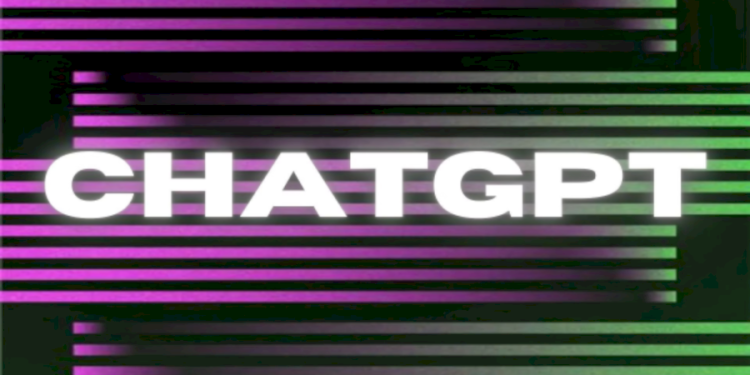High school professors are concerned that their students would utilise ChatGPT or other emerging artificial intelligence tools to plagiarise their work. However, the issue doesn’t end with high school. Professor Christian Terwiesch of the esteemed Wharton School of Business at the University of Pennsylvania has been considering the implications of such AI technologies for MBA programmes.
This week, Terwiesch published a research article in which he examined ChatGPT’s performance on the Operations Management final test, a typical MBA core course.
“Does a fantastic job at fundamental operations management and process analysis questions, especially ones that are based on case studies,” he wrote of the A.I. chatbot.
He stated that it did have certain drawbacks, such as not being able to tackle “more advanced process analysis problems.”
However, ChatGPT “would have received a B to B- mark on the exam,” he said.
He added that it has “done well in the drafting of legal documents” in other places and that “some feel that the future version of this technology might even be able to pass the bar test.”
ChatGPT “is not disappearing,”
Naturally, ChatGPT is still in its “infancy,” as billionaire businessman Mark Cuban said this week in an interview with the A.I. newsletter Not a Bot. Imagine what GPT 10 will look like, he continued.
We can all agree that ChatGPT is not going away, as Andrew Karolyi, dean of Cornell University’s SC Johnson College of Business, stated this week in an interview with the Financial Times. These AI methods will, if anything, get better and better. Administrators at academic institutions must invest in their own education.
This is particularly relevant given that software behemoth Microsoft is considering investing $10 billion in OpenAI, the company behind ChatGPT, after initially investing $1 billion in it a few years ago. And Google’s parent company Alphabet is responding by investing resources in comparable tools to meet the competition, which it worries would undermine its supremacy in search.
Therefore, whether they like it or not, individuals will use these technologies, even MBA students.
The head of ETS Product Innovation Labs, which provides a tool that can identify AI-generated replies, Kara McWilliams, told the Times, “I’m of the opinion that people who utilise AI are going to replace people, not AI itself.
In his paper’s introduction, Terwiesch mentioned the impact that electronic calculators had on the business sector and made the case that ChatGPT could have a similar effect.
“Many organisations employed hundreds of personnel whose role it was to manually perform mathematical operations such as multiplications or matrix inversions prior to the emergence of calculators and other computing devices,” he said. “Clearly, these duties have been mechanised, which has significantly reduced the value of the corresponding talents. The value of an MBA education could potentially be diminished by any automation of the abilities taught in our MBA schools.









